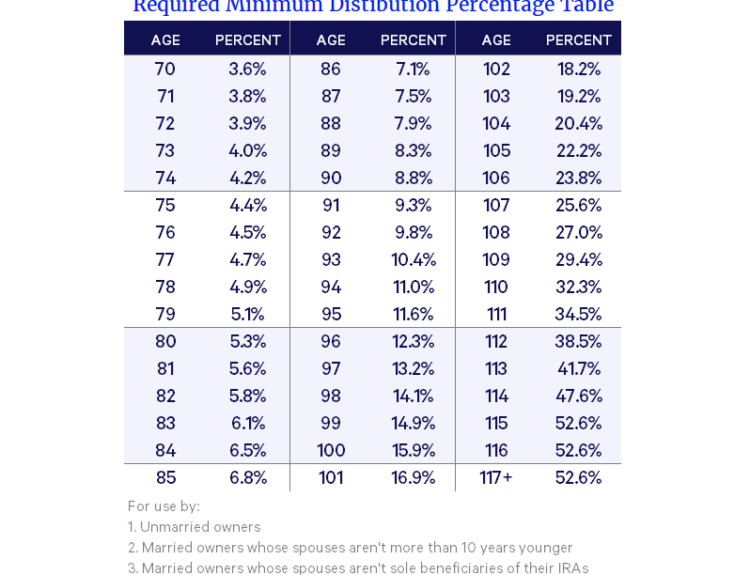Homeowners face increasing property-tax bills as home values rise
- Single-family-home prices in the U.S. have risen more than 50% over the past five years
- Property taxes have increased along with rising home values
- States are implementing measures to limit, cut, or offset escalating property taxes
- Commercial-property values are declining, putting more pressure on residential properties
- The 2017 tax-code overhaul capped the SALT deduction at $10,000 annually
- States like Colorado, Alabama, and Wyoming have implemented laws to limit tax-assessed values for homeowners
- Kansas and Nebraska are considering special sessions to cut property taxes
- Georgia voters will decide on a law limiting increases in assessed home values
- Limits on property-tax relief can have consequences for the wealthy and shift tax burdens to rental properties and businesses
- Colorado repealed a constitutional provision in 2020, leading to rapid increases in assessed home values
Homeowners across the United States are feeling the impact of rising property taxes as single-family-home prices continue to climb. In response to complaints, states are implementing measures to limit, cut, or offset escalating property taxes. The 2017 tax-code overhaul capped the SALT deduction at $10,000 annually, leading to higher tax bills in states where property taxes routinely exceed that level. Additionally, the decline in commercial-property values due to remote work has put more pressure on residential properties to generate revenue. States like Colorado, Alabama, and Wyoming have passed laws to limit tax-assessed values for homeowners, while Kansas and Nebraska are considering special sessions to address property taxes. Georgia voters will decide on a law that limits increases in assessed home values, and Colorado repealed a constitutional provision in 2020, resulting in rapid increases in assessed home values. However, it is important to consider the consequences of property-tax relief, as it can benefit the wealthy and shift tax burdens to rental properties and businesses.·
Factuality Level: 2
Factuality Justification: The article provides relevant information about the impact of rising property taxes on homeowners in different states and the measures being taken to address the issue. It includes quotes from affected individuals and experts, as well as examples of specific cases. However, the article contains unnecessary background information, details that are tangential to the main topic, and some repetitive information, which lowers its factuality level.·
Noise Level: 3
Noise Justification: The article provides a detailed analysis of the impact of rising property taxes on homeowners in different states, along with the political and economic implications. It includes examples, data, and quotes from various individuals affected by the issue. The article stays on topic and offers insights into the challenges faced by residents due to escalating property taxes.·
Key People: Tom McAdam (Retiree), Beverly McAdam (Retiree), Jared Walczak (Vice President of State Projects at Tax Foundation), Donald Trump (Former President), Laura Kelly (Governor of Kansas), Phil Scott (Governor of Vermont), Mark Gordon (Governor of Wyoming), Richard Auxier (Principal Policy Associate at Tax Policy Center), Rob Romeijn (Resident), Mick Mulvaney (Former Congressman), Michael Fields (President of Advance Colorado)
Financial Relevance: Yes
Financial Markets Impacted: The article discusses the impact of rising property taxes on homeowners and the measures being taken by states to limit or offset these taxes. This can have an impact on the real estate market and the finances of homeowners.
Financial Rating Justification: The article specifically mentions the rise in property taxes and its effect on homeowners’ discretionary spending and investments. It also mentions the impact on residential properties to deliver revenues due to declining commercial-property values. These factors can have implications for financial markets and companies in the real estate sector.·
Presence Of Extreme Event: No
Nature Of Extreme Event: No
Impact Rating Of The Extreme Event: No
Extreme Rating Justification: There is no extreme event mentioned in the article. The article discusses property taxes and measures being taken to limit or offset escalating property taxes in response to complaints. It does not mention any significant impact or consequences related to an extreme event.·
 www.marketwatch.com
www.marketwatch.com 





